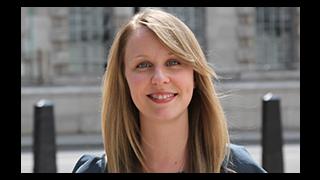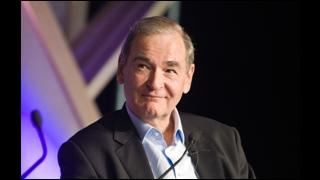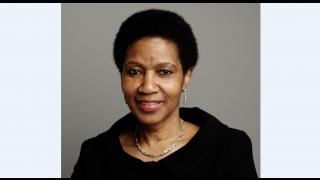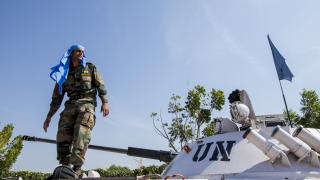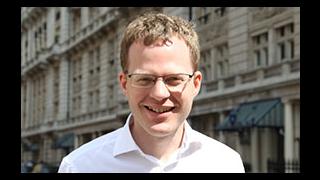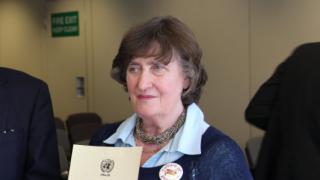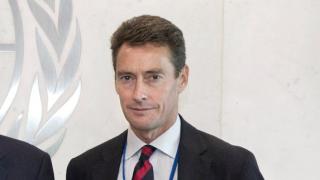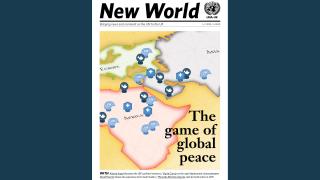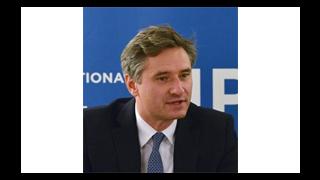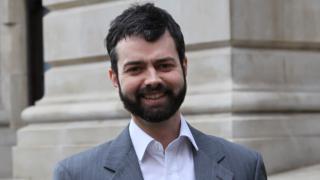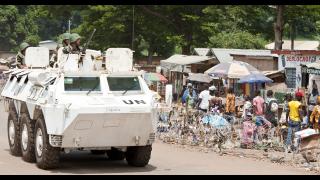
UNA-UK has been pursuing a foreign policy manifesto that encourages Britain to be 'a global force for good'. UN peacekeeping is one area where the UK can make a tangible difference, and last year we launched a programme to make this case.
As a permanent member of the Security Council, the UK plays a crucial role in funding and designing peacekeeping missions. It has also championed much-needed reform efforts (see our briefing). But in recent years, this activity has not been matched by field commitment.
Two decades ago, the UK was briefly the largest troop contributor, with over 10,000 peacekeepers stationed primarily in Bosnia. Now, the UK provides just 285 (mostly in Cyprus) and three police. UN requests for support, such as helicopters and senior officers, are usually declined.
Why? Until now, the most obvious reason has been Afghanistan and Iraq. These operations have caused much soul-searching, from questions about the role British forces can and should play in the world, to how best to adapt to a security environment increasingly defined by asymmetric threats, such as non-state actors.
UN peacekeeping seems a logical answer. It provides a framework for the UK to make strategic deployments to operations that are collectively funded and have the legitimacy of UN authorisation. Unlike most troop-contributing countries, many of whom have poorly-equipped forces, the UK has the necessary troop quality, in addition to real influence over where – and how – peacekeepers are deployed.
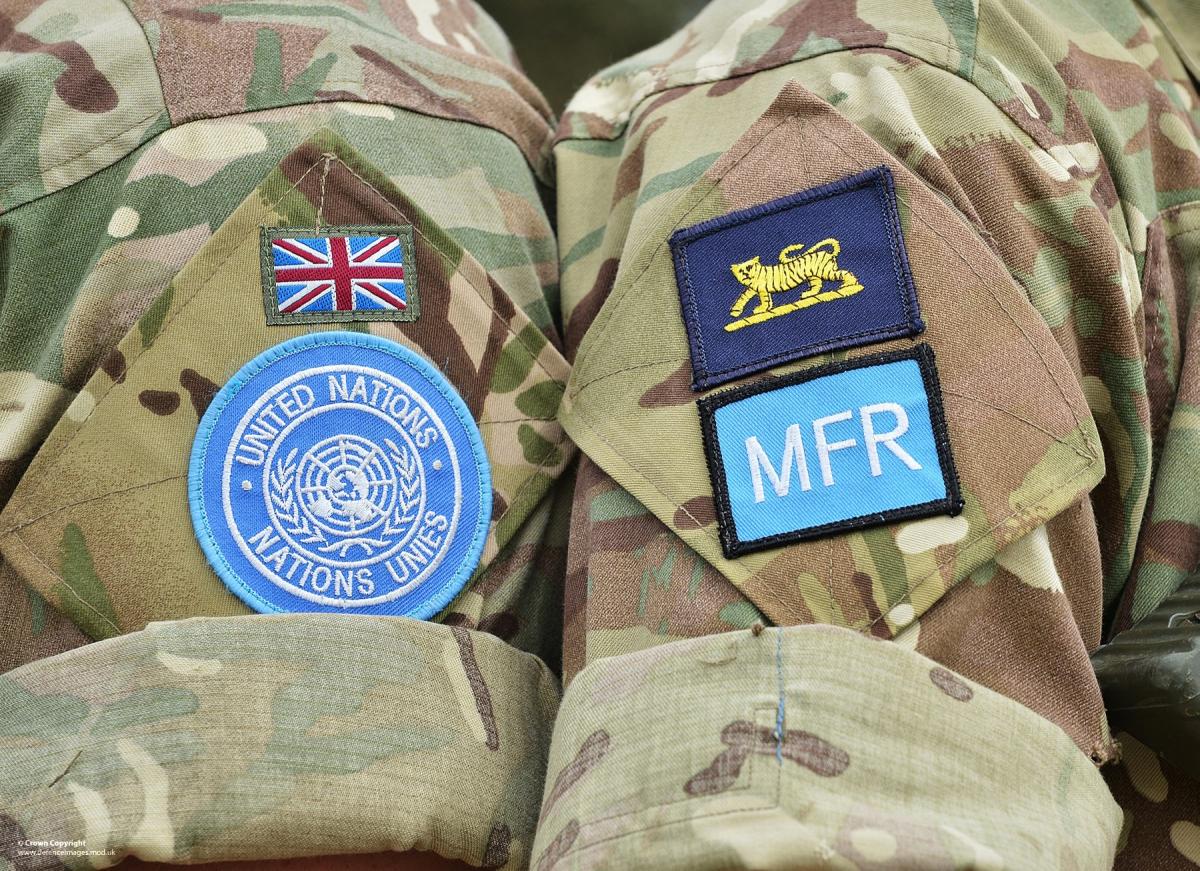
But to date, peacekeeping has been a side note in UK strategy, in part due to lingering negative perceptions arising from its experience of UN missions in 1990s. This is a shame. First, it ignores UN peacekeeping’s many achievements: over 170 peace settlements supported and countless lives saved. Independent reviews consistently judge UN missions to be more successful, cost-effective and locally supported than coalition operations.
Second, the UK shares responsibility for some of the systemic problems that persist, from constraining mandates to under-resourced missions. Third, the UN has done much to review and improve its performance. It has identified needs – e.g. rapid response, specialist training and surveillance – that the UK is well-placed to support.
As the UK approaches its next Strategic Defence and Security Review, there are signs that peacekeeping might be taken more seriously. It has stepped up training provision and, in 2013, assisted French troops in paving the way for the UN mission in Mali. Such enabling deployments may be a route for the UK to contribute to peacekeeping while retaining operational control.
The biggest stumbling block, perhaps, is the lack of voices calling for greater engagement. I am delighted that the International Peace Institute describes UNA-UK as the UK’s most steadfast peacekeeping champion. And I am proud that our Westminster branch instigated what is now the largest annual gathering for International Peacekeepers Day. But others need to step up.
Those who do will be in good company. Successive polls demonstrate public support for UK involvement in peacekeeping. Key figures, such as the Chief of the Defence Staff, have also come forward. And still, UNA-UK is told to demonstrate that the public cares. To do this, we need your help. Ahead of the general election we will be intensifying our peacekeeping initiative, culminating in Peacekeepers Day celebrations on 20 May, which we hope will be the biggest yet.
Visit www.una.org.uk/manifesto to find out how to support our campaign.
Natalie Samarasinghe is Executive Director of UNA-UK
Photo: British soldiers from the Royal Engineers and deployed with the United Nations in Cyprus show off their badges. © Crown Copyright 2013/Cpl Richard Cave LBPPA

